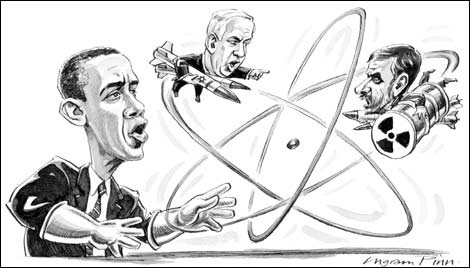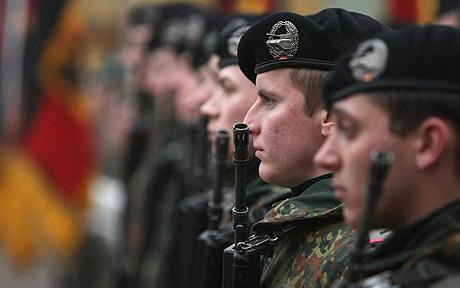
As the November 24 deadline for reaching a deal over Iran’s nuclear program approaches, U.S. Secretary of State John Kerry has embarked on a frenzy of high-stakes diplomacy in a last-minute push to secure a tentative agreement – or at least prevent the process from collapsing.
Crisscrossing Europe this week, Kerry struggled to ensure that a unified stance remained between the U.S. and its main European and Arab allies. Washington and its allies had hoped this week’s Vienna talks would be the culmination of months of difficult diplomacy between Iran, the United States, Britain, France, Germany, Russia and China, (the P5 +1) on a comprehensive agreement.
The latest round of talks between the six and Iran began on Tuesday, and are likely to last right up to the self-imposed Nov 24 deadline. After nearly a year of difficult diplomacy, the U.S. is pushing for a deal on at least the outline of a future accord, which would set limits on Iran’s nuclear activities in return for an end to eight years of international sanctions that have seriously hurt its oil-dependent economy.
While Iran seeks relief from crushing sanctions, it insists it will not fully give up its ability to enrich uranium, the process by which nuclear fuel that can power reactors is created.
Arriving in Vienna Thursday, Kerry conferred with American negotiators, then met separately with Iran’s foreign minister, Mohammad Javad Zarif, and Catherine Ashton, the European Union’s representative at the talks. The foreign ministers of Britain and France will join the talks in Vienna on Friday. Germany’s foreign minister will arrive on Saturday.
Significant gaps still remain between the negotiating positions on how much capacity for enriching uranium Tehran should have, and the speed at which international sanctions should be removed. The first issue encompasses the size of its nuclear stockpile and the number of centrifuges that could remain installed. Iran has nearly 10,000 operational centrifuges, which it insists will be used for civilian reactors. Given Iran’s current abilities, Kerry has said it would not take Iran long to produce enough enriched material for a bomb if it abandoned the temporary freeze it had been observing while talks are underway. “I think it’s public knowledge today that we’re operating with a time period for a so-called ‘breakout’ of about two months,” Kerry told the Senate Foreign Relations Committee in April. The breakout time to produce fissile material for a weapon has become an important indicator of Iran’s nuclear intentions.
Speaking to reporters during a trip to Latvia earlier this week, Philip Hammond, the British foreign secretary, indicated that he was “not optimistic” that everything could be finalized by Monday. Skepticism aside, should a deal be reached over the weekend, observers believe that an extension of the deadline would most likely be necessary in order to confirm acceptance of the deal in national capitals and finalize any remaining details. U.S. officials however remained adamant Friday that Iran and the P5+1 are not yet actively discussing an extension. Should an extension prove necessary, it would be the second time that a self-imposed deadline had been pushed back in the quest for a far-reaching agreement with Iran.
Observer’s worry that delays could embolden the hardliners in Tehran, who came together this week to criticize the moderate groups advocating a deal. While the final decision on a nuclear agreement lies with Ayatollah Ali Khamenei, should an accord be reached Monday, the real debate would not begin to unfold until after it is announced. The voices of the clerics, Revolutionary Guards, commanders and conservative lawmakers will be raised against any compromise on Iran’s right to enrich uranium.




